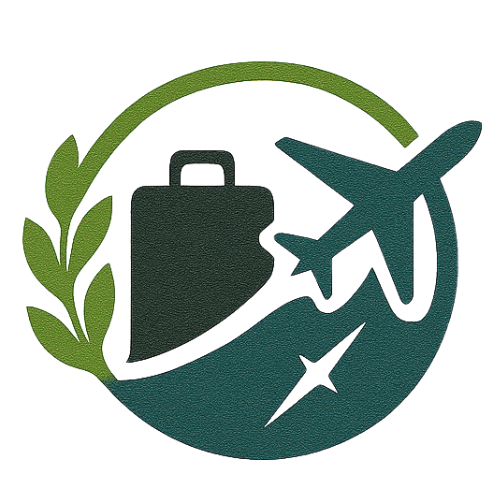
How To Combat Mid-Night Wakefulness While Travelling
Waking up in the middle of the night can be a frustrating experience, especially for travelling professionals who thrive on energy and focus. Sleep expert Dr. Wendy Troxel highlights the complex nature of sleep and offers insights that can be invaluable for those on the move. In this article, we'll explore Dr. Troxel's advice, supplemented with practical techniques to help you manage your sleep effectively, even amidst the chaos of a busy travel schedule.
In 'What do you do when waking up in the middle of the night?', sleep expert Dr. Wendy Troxel shares valuable insights that have inspired us to delve deeper into strategies for managing sleep effectively while traveling.
Create a Sleep-Friendly Environment
One of the core pieces of advice from Dr. Troxel is the importance of creating an optimal sleeping environment. This includes factors like room temperature, noise levels, and light exposure. When you're staying in hotels or unfamiliar places, consider these tips:
- **Adjust the Temperature**: Aim for a cool room (around 60 to 67 degrees Fahrenheit) that encourages restful sleep. Use the hotel air conditioning or heating to your advantage.
- **Limit Noise**: Use earplugs or white noise devices if you're in a noisy environment. Even a fan can help create a soothing background sound that promotes better sleep.
- **Block Out Light**: Make use of blackout curtains or sleep masks to keep your sleep environment as dark as possible. This helps signal to your body that it’s time to rest.
Implement a Relaxation Routine
When travel-related stress disrupts your sleep, employing a relaxation routine can tremendously aid in falling back asleep. As Dr. Troxel points out, having a set of practices can signal your body to wind down.
- **Mindfulness or Deep Breathing**: Spend a few minutes focusing on your breath. Inhale deeply through your nose, hold for a few seconds, and exhale slowly through your mouth. This simple practice can calm your mind and reduce anxiety.
- **Optional Meditation Techniques**: Consider a quick guided meditation using an app if you often wake up feeling anxious. Visualizing serene scenes can ease your mind effectively.
Know When to Get Out of Bed
Dr. Troxel suggests that if you find it hard to get back to sleep after 20 minutes, it’s best to get up rather than stress about it. Here’s what you can do during these moments:
- **Limit Stimulating Activities**: Avoid looking at screens or engaging in high-stimulus activities. Opt for reading a book or practicing gentle stretching instead.
- **Keep It Low Light**: If you must turn on lights, use dim lamps or nightlights. Bright lights can signal to your brain that it’s time to wake up.
Adopting a Consistent Sleep Schedule
While maintaining a routine might feel challenging on the road, Dr. Troxel emphasizes the importance of keeping a consistent sleep schedule. Aim to go to bed and wake up at the same times whenever possible, even when travelling. Here are some tips for achieving this:
- **Plan Forward**: When you know your travel dates, plan your schedule accordingly to allow for a consistent bedtime.
- **Use Sleep Aids Wisely**: If absolutely necessary, consider natural sleep aids like melatonin. However, always consult with a healthcare provider before using such supplements.
Nutrition and Hydration Impact
What you consume can affect your sleep quality profoundly. Travelling professionals need to be aware of dietary choices that either promote or disrupt restful sleep. Dr. Troxel advises the following:
- **Limit Caffeine and Heavy Meals**: Especially before bedtime, avoid caffeine and heavy or spicy meals that can lead to discomfort and sleeplessness. Stick to lighter options.
- **Stay Hydrated**: However, be mindful of consumption towards bedtime to avoid nighttime trips to the bathroom.
Final Thoughts on Managing Sleep
The insights derived from the discussion on waking up in the middle of the night shed light on practical precautions travelling professionals can take. Adopting these strategies can significantly contribute to overall well-being and performance. By implementing these practices, you can enhance not just your sleep but also your energy levels and focus during demanding travel schedules. Remember, taking care of yourself amidst travel chaos is crucial for sustaining performance.
 Add Row
Add Row  Add
Add 




Write A Comment